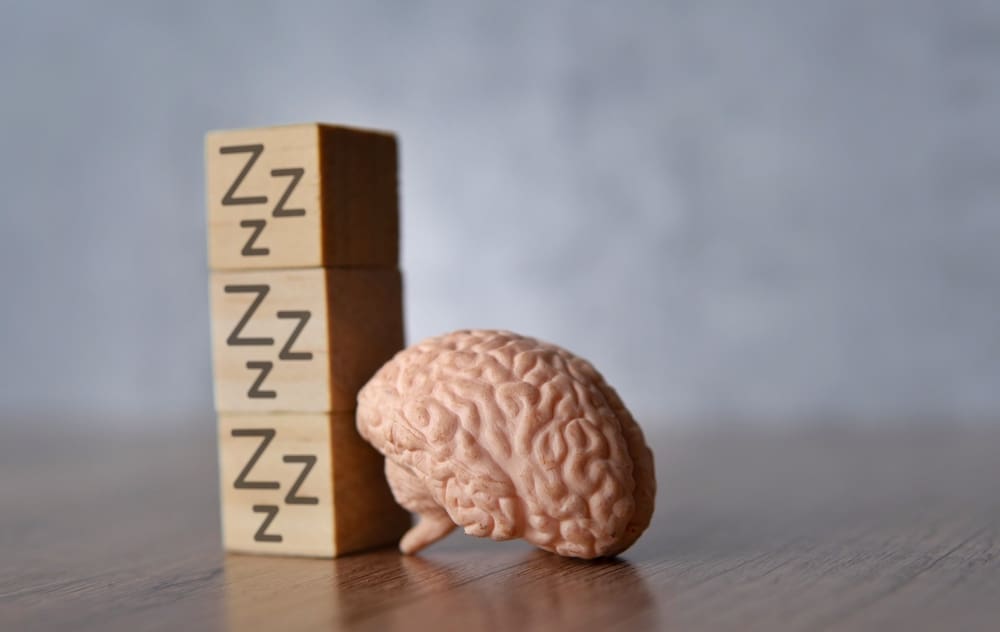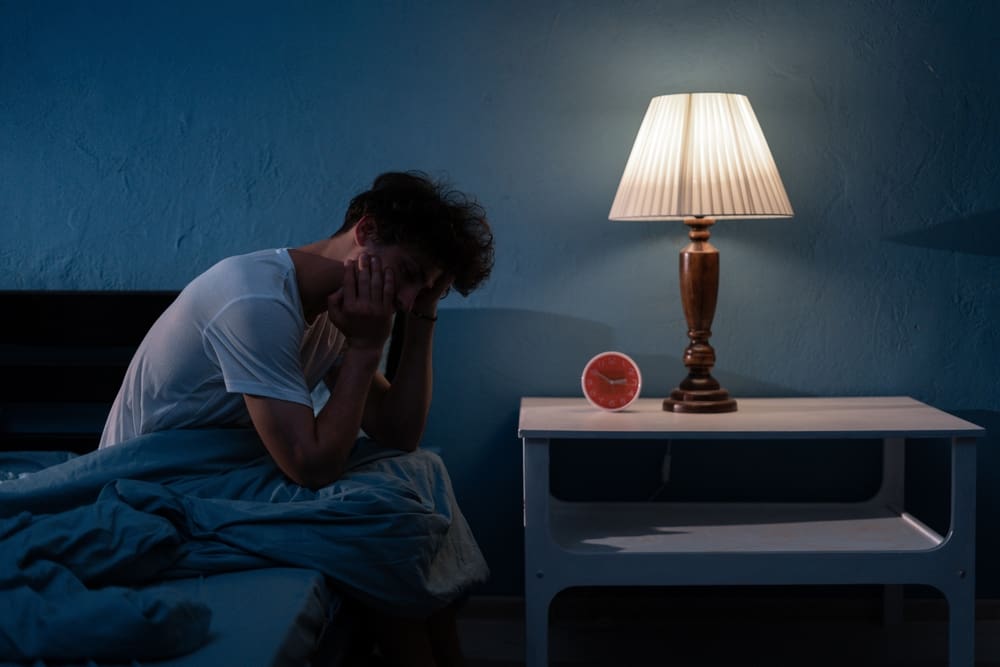
The Power of Sleep: Lessons from a Navy SEAL Turned Sleep Doctor
The Power of Sleep: Lessons from a Navy SEAL Turned Sleep Doctor
Featuring Dr. Kirk Parsley on the Synergee Podcast
In this powerful episode of the Synergee Podcast, we welcomed Dr. Kirk Parsley—a former Navy SEAL turned physician, who’s now known simply as “Doc” to many. After spending over a decade in one of the most elite military units in the world, Doc experienced firsthand how sleep—or lack thereof—was impacting the physical and mental resilience of some of the highest performers on the planet.
What began as an assignment as an undersea medical officer at the SEAL teams turned into a deep investigation into the devastating effects of sleep deprivation. Doc discovered that many of the symptoms his fellow SEALs were experiencing—low testosterone, weight gain, poor recovery, cognitive decline, and even depression—were tied not to disease, but to dysfunction. And at the root of that dysfunction? Chronic sleep deprivation.
From Dropout to Doctor
Doc’s journey is anything but conventional. A high school dropout, he joined the military to prove something to himself—and in true SEAL fashion, aimed for the toughest training he could find. After six years as a SEAL, he eventually found himself pursuing a medical degree through the military’s own medical school. His goal? To return to the teams and give back.
Little did he know that his greatest impact wouldn’t be surgical or sports medicine—it would be rooted in sleep science.

The Hidden Crisis Among High Performers
As Doc began working with the SEAL teams, something strange began happening. Young, fit, elite performers—men with six-pack abs and the appearance of peak physical health—were closing his office door and quietly confessing their struggles:
- Lack of motivation
- Low libido
- Mood swings
- Memory issues
- Fatigue
- Poor physical performance
Their lab work painted a startling picture: markers resembling metabolic syndrome, elevated inflammation, and suppressed anabolic hormones—more like 60-year-olds than 28-year-olds.
It wasn’t until Doc looked at the common thread—Ambien, alcohol use, and poor-quality sleep—that the pieces started falling into place. Their sleep studies confirmed it: nearly 100% of their sleep was stuck in stage 2, with little to no deep or REM sleep.
The Birth of the “Sleep Cocktail”
With few options and lots of motivated patients, Doc turned to PubMed and clinical studies to build a natural supplement stack. Working alongside SEALs willing to test and tweak, he created what they dubbed “Doc Parsley’s Sleep Cocktail”—a non-pharmaceutical solution made from ingredients already found in the human body.
The results were stunning. Testosterone levels tripled. Performance improved. Recovery accelerated. And men who had been sleep-deprived for years finally found rest—and restoration.
“Operator Syndrome” and Modern Life
Though originally identified in SEALs, the pattern didn’t stay confined to the military. Today, Doc sees the same symptoms in entrepreneurs, executives, and high performers across industries. It’s since been coined “Operator Syndrome”—a form of premature aging tied to overtraining, chronic stress, and neglect of recovery.
And perhaps the most important takeaway? It’s not just SEALs or CEOs. It’s business owners, young men, and even teens—anyone who’s been grinding too hard, too long, without honoring the body’s most fundamental recovery process: sleep.

Sleep Architecture 101
Doc broke down what a healthy night of sleep should look like:
- Stage 1: Light sleep, still semi-aware of surroundings.
- Stage 2: Sensory input shuts down, brain begins repair processes.
- Deep Sleep: Peak recovery zone. Lowest stress hormones, highest anabolic activity.
- REM Sleep: Emotional processing, memory consolidation, and mental regeneration.
Each sleep cycle lasts about 90–120 minutes. The first few cycles are deep-sleep dominant, the latter are more REM-rich. Missing any part of that cycle—especially night after night—means we’re not repairing, recovering, or growing the way we should.
Why Prioritizing Sleep Is Non-Negotiable
Doc says it best: “Sleep is not a luxury—it’s the most productive time of your life.”
And the science backs it up. Just one night of short sleep (less than six hours) can:
- Decrease testosterone by up to 30%
- Impair insulin sensitivity
- Increase stress hormones
- Disrupt cognitive function and mood
Over time, sleep deprivation leads to faster aging, hormonal imbalances, poor decision-making, and chronic illness.
But here’s the good news: it’s not too late to change.
Simple Steps Toward Better Sleep
- Believe that sleep matters. The first step is shifting your mindset.
- Reduce stress before bed. Doc’s free Sleep Worksheet can help (link in show notes).
- Stay active—but skip intense workouts if you’re sleep-deprived.
- Minimize alcohol and avoid pharmaceutical sleep aids like Ambien.
- Stick to a consistent bedtime and wake time—even on weekends.
Final Thoughts
This episode isn’t just for high performers or former SEALs. It’s for anyone who’s running on empty and wondering why their body—and brain—aren’t keeping up. Sleep isn’t optional. It’s foundational.
Whether you’re rebuilding after burnout, chasing big goals, or simply looking to feel like yourself again, sleep is where it all starts.
Resources & Links:
👉View the full episode here: https://youtu.be/B_YniClt4OM?si=PFToRO7kgG6Zi1io
👉 Download Doc Parsley’s Free Sleep Worksheet: https://docparsley.com/wp-content/uploads/2023/12/Stressless-Sleep-Guide-2023-pdf.pdf?utm_source=Klaviyo&utm_medium=email&utm_campaign=Download%20PDF%20Email&utm_id=YtVYUW&utm_term=Sleep%20Guide%21&_kx=rNziFlBcXUdIidWST_HJ-6hD4AV_YlYoQdmipRp9AfeZUgH3iDlxOKPNVrj1abuv.TKGZY9
👉 Learn more at https://docparsley.com/
👉 Subscribe to the Synergee Podcast for more conversations on optimizing health, performance, and purpose.

